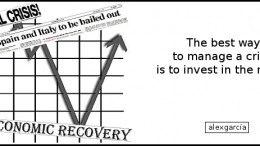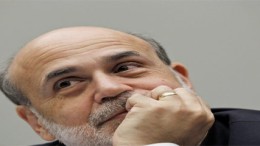Algorithms examiners in the EU to avoid a flat crash
MADRID | By Julia Pastor | The European Parliament and the EU’s governments have just signed an agreement to develop a law that reinforces controls over high frequency computerized stock exchanges trading, in order to avoid sudden collapses of markets. To minimize the systemic risk, the algorithms will have to be examined and authorised by regulators.







